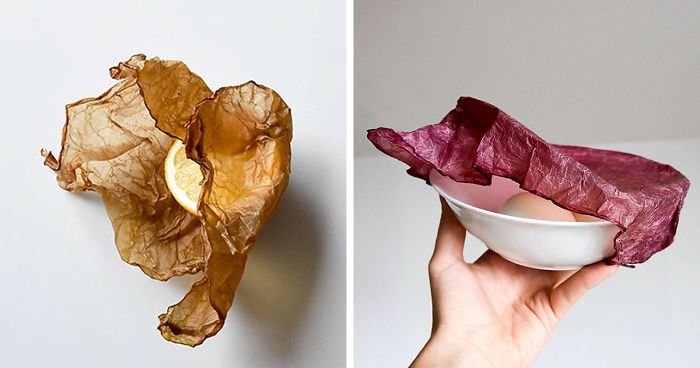
Scientists Create Zero-Waste Packaging That Composts Just Like Vegetables
It’s such a nice feeling to see your feed flooded with eco-conscious and positive news about people finally trying to make a change once and for all. After realizing we are facing a terrible plastic pollution problem, people are trying their best to change it for good. Knowing that plastic can take up to 1000 years to dissolve, we have to understand the impact it has on our environment. If we don’t change anything fast, we might face the terrible possibility of extinction of not only a few species but all living beings on this earth.
More info: Make Grow Lab
There’s a new plastic-free packaging initiative that might bring plastic pollution to an end!
The idea that was first thought of by Roza Janusz is called “SCOBY” and it is now developed by the MakeGrowLab in Poland.
This type of packaging is developed by using local agricultural waste and it can be used to not only package products but also for food storage.
The best part about it? It is completely 100% compostable leaving no trash behind
Creators of this product are aiming to raise awareness about the tragic pollution problem we are facing that is caused by producing petroleum-based products such as cotton and leather.
Scoby is aiming to start the “biorevolution”
The material that SCOBY is made of can easily be grown locally and it not only uses little space but also can be made out of local resources.
While being completely compostable, this packaging also helps to regenerate the soil.
You can learn more about this product by watching their video
19Kviews
Share on FacebookExplore more of these tags
This is awesome! I'm just little affraid that price, convenience, unwillingnes to change and often unreasonable hygienic standards will win again. But damn, this could be SO great!
Just give it time and retrain people over time.
Load More Replies...I would certainly want to know exactly what makes up this "agricultural waste", how it is gathered, transported and processed before using it for food storage. The manufacturing process to make biodegradeable containers will certainly leave its own footprint - the question is, how big and how lasting?
It's a worthwhile question, though a lot of ag waste exists in the form of leaves and cores we don't use (the vast majority of all vegetables, since we only eat a small part of the 'plant' for most things like cauliflower etc). If it's that, sounds good.
Load More Replies...Leather and cotton are natural products that decompose in the earth and are NOT petroleum based. PLASTIC is petroleum based, can never be fully recycled and never breaks down. ...////... Methinks the author is a moron.
Thanks. I thought that part didn't sound right.
Load More Replies...This is awesome! I'm just little affraid that price, convenience, unwillingnes to change and often unreasonable hygienic standards will win again. But damn, this could be SO great!
Just give it time and retrain people over time.
Load More Replies...I would certainly want to know exactly what makes up this "agricultural waste", how it is gathered, transported and processed before using it for food storage. The manufacturing process to make biodegradeable containers will certainly leave its own footprint - the question is, how big and how lasting?
It's a worthwhile question, though a lot of ag waste exists in the form of leaves and cores we don't use (the vast majority of all vegetables, since we only eat a small part of the 'plant' for most things like cauliflower etc). If it's that, sounds good.
Load More Replies...Leather and cotton are natural products that decompose in the earth and are NOT petroleum based. PLASTIC is petroleum based, can never be fully recycled and never breaks down. ...////... Methinks the author is a moron.
Thanks. I thought that part didn't sound right.
Load More Replies...
 Dark Mode
Dark Mode 

 No fees, cancel anytime
No fees, cancel anytime 


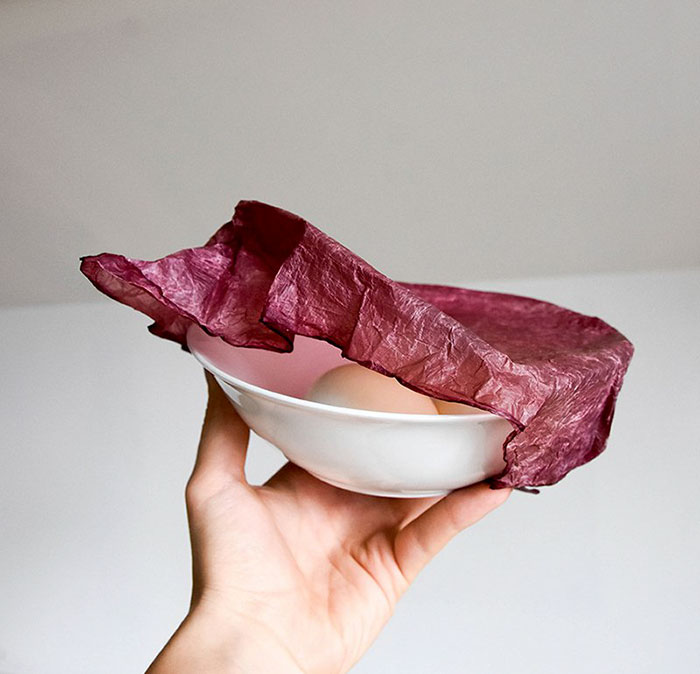
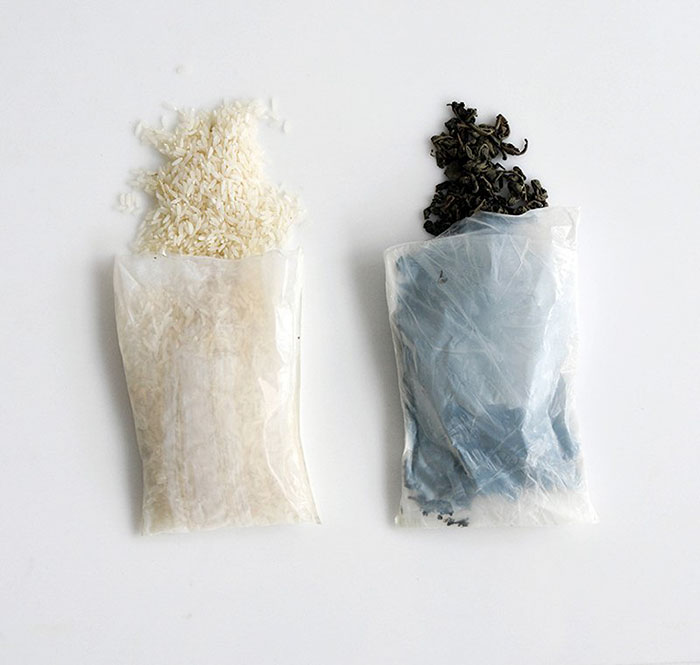
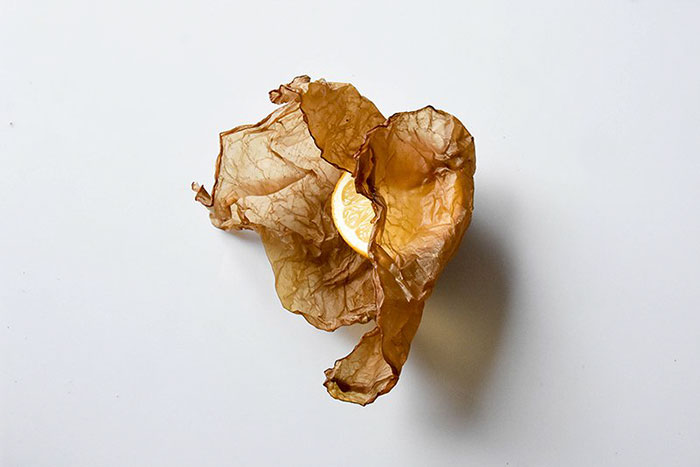
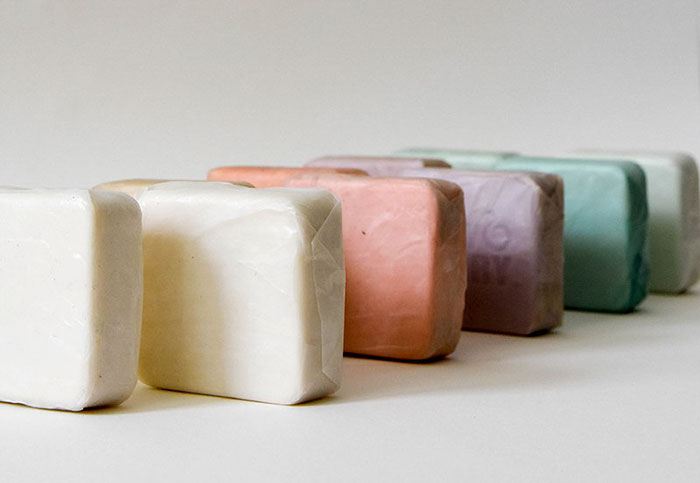
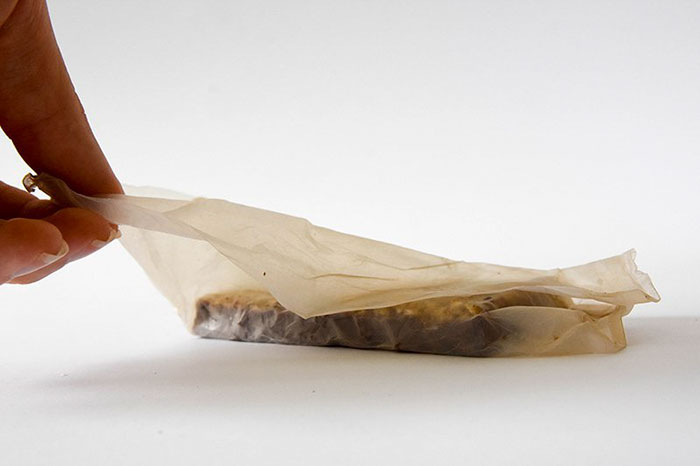
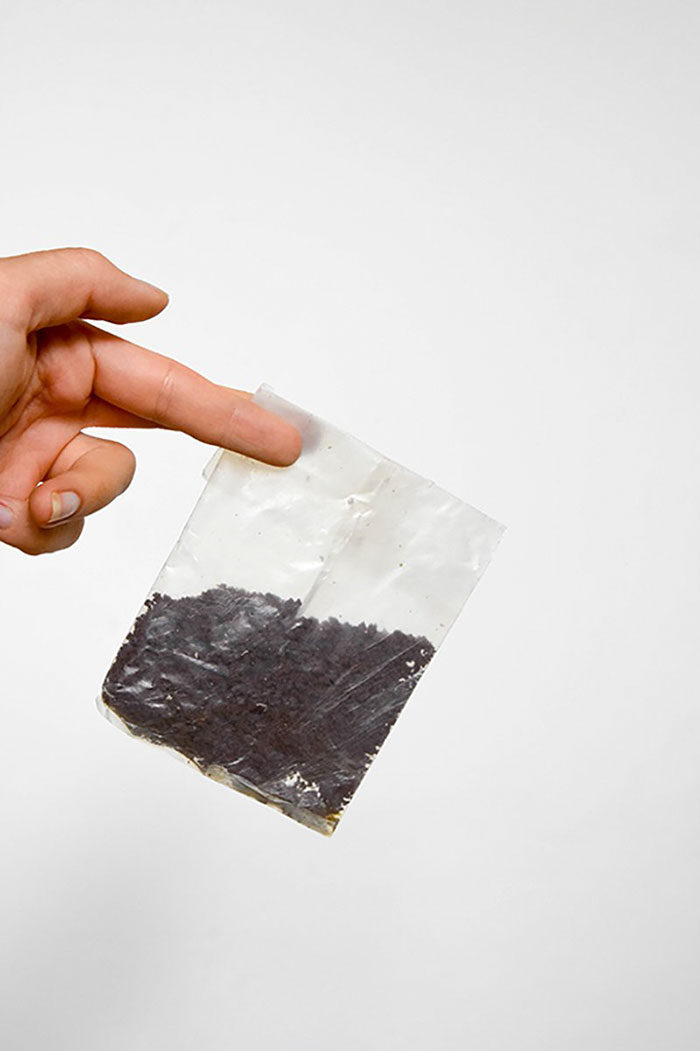
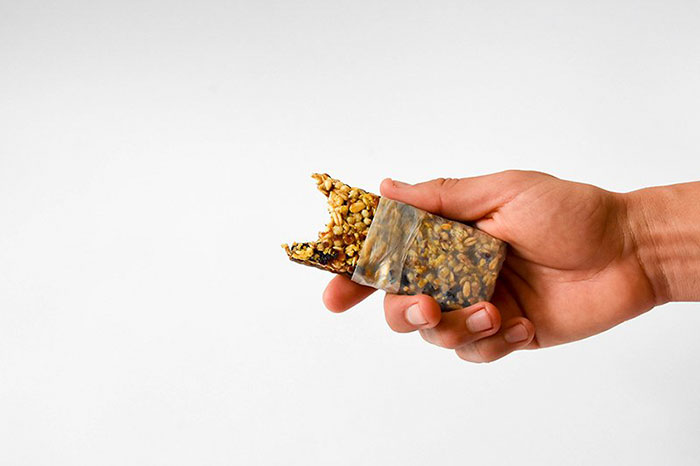
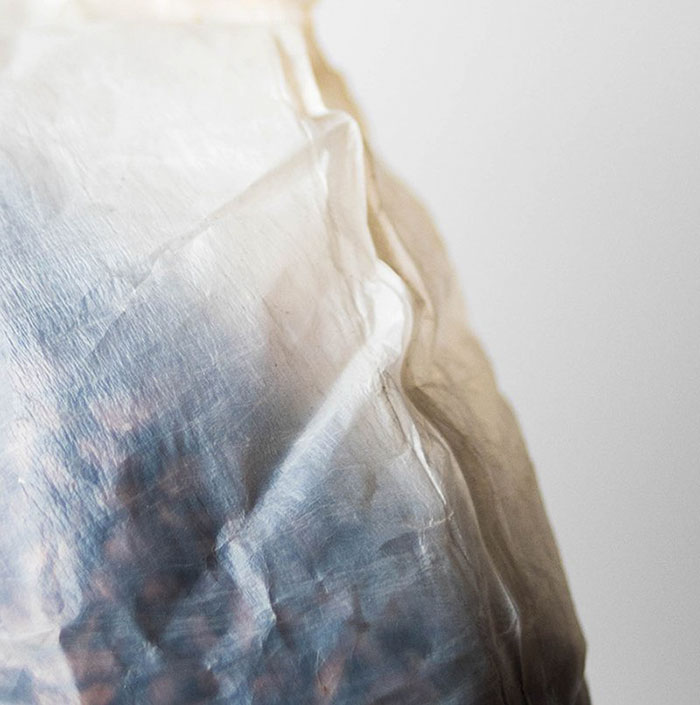
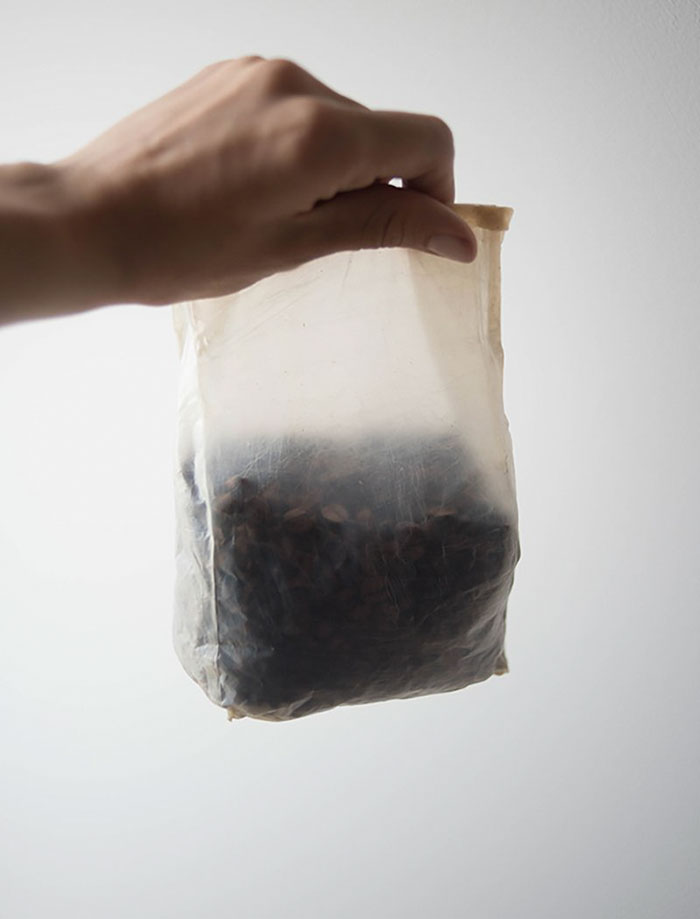
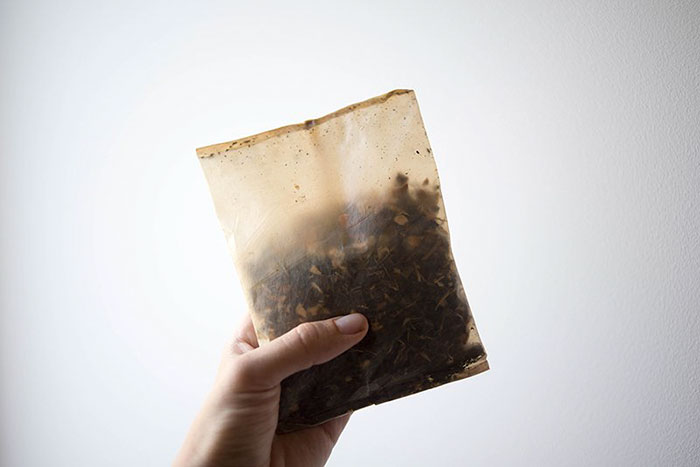
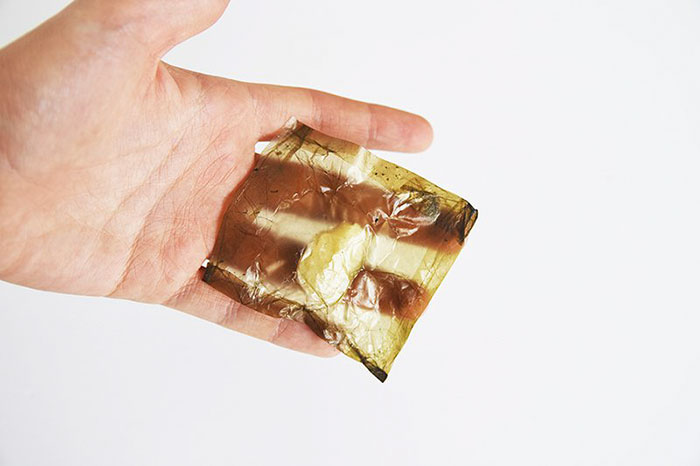
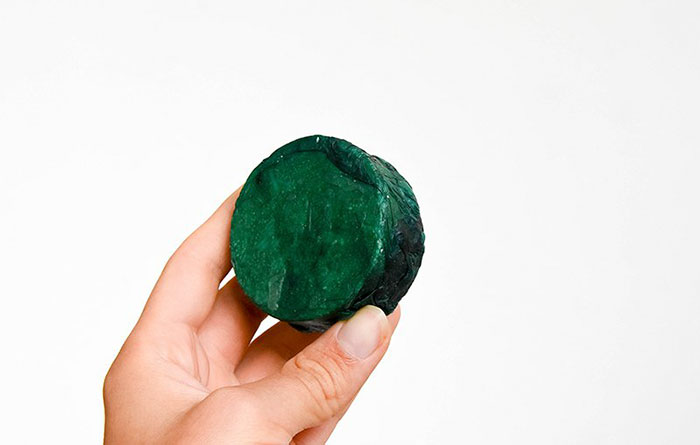












































270
22